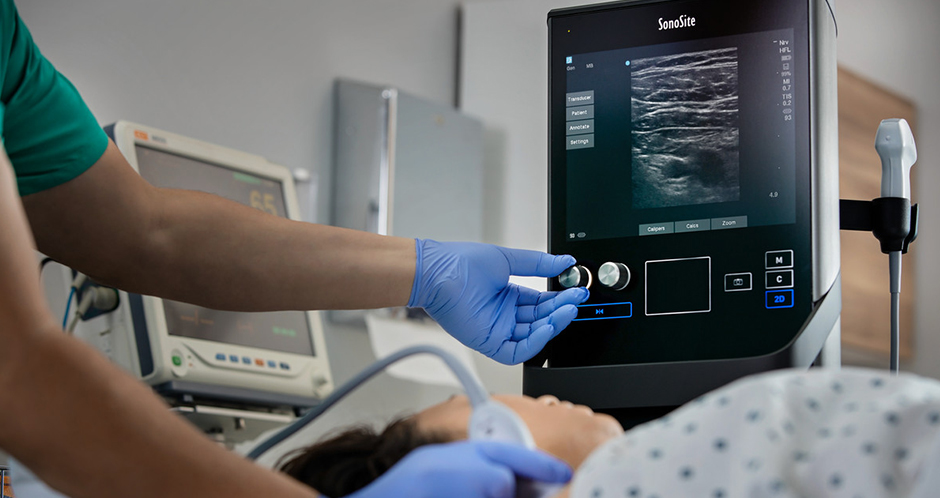Enhanced Recovery After Surgery (ERAS) is a paradigm shift in perioperative care, designed to minimize the effects of surgical stress and safely facilitate early discharge. A large body of evidence has demonstrated that this multidisciplinary approach to standardizing care of the surgical patient with best practices significantly reduces complications, infection rates, readmissions, costs and length of stay (LOS), and increases patient satisfaction.1, 2
Saint Mary’s Hospital, an acute care community teaching hospital in Waterbury, Connecticut demonstrated the clinical and financial benefits of an ERAS program that includes ultrasound-guided regional anesthesia (USGRA). Since the October 2015 launch of the opioid-sparing ERAS program, Saint Mary’s has seen striking improvements in the safety and quality of care for patients undergoing colorectal surgery, along with substantial reductions in opioid usage. The average LOS has decreased from 6.3 days to 4.3, with many patients going home on post-op day two, leading to cost savings of more than $1.5 million in the program’s first three years.

Effective Pain Control and Enhanced Recovery with TAP Blocks
USGRA is a key component of Saint Mary’s ERAS program. For colorectal and other abdominal surgeries, Saint Mary’s surgeons administered transversus abdominis plane (TAP) blocks under ultrasound guidance. A recent comprehensive literature review revealed that this technique has benefits that align with ERAS goals, including the following:3- P blocks significantly decrease postoperative opioid use, compared to placebo, wound infiltration, or patient-controlled analgesia (PCA) with IV opioid administration
- TAP blocks are safe, cost-effective, and easily performed
- TAP blocks provide effective pain control with minimal complications
Saint Mary’s ERAS program reduced patients’ consumption of opioids by 60%. Many of the patients were able to avoid narcotic use entirely, yet report that their postsurgical pain is well controlled with USGRA and non-narcotic medications.
Improved Patient Satisfaction
The ERAS program also plays a part in increasing patient satisfaction. In one case, a 44-year-old woman with colon cancer arrived at Saint Mary’s for her pre-surgical consultation. She was very nervous because of the complications she’d experienced from a previous abdominal surgery performed at another hospital. She also feared opioid addiction because that had happened to a friend after he was treated for injuries.The patient was extremely relieved to learn that Saint Mary’s had implemented evidence-based protocols designed to reduce both of the risks she was concerned about. After the successful removal of her tumor, she recovered quickly—with no opioid use. She stated, “Compared to my 2009 surgery, everything was better. Instead of being so heavily medicated with morphine that I felt like a zombie—yet was still in such excruciating pain that I could hardly move—I actually felt more comfortable with the non-narcotic medications.”



